Ancient viral DNA, once thought junk, now regulates embryo development in mice, revealing complex host-virus interactions.
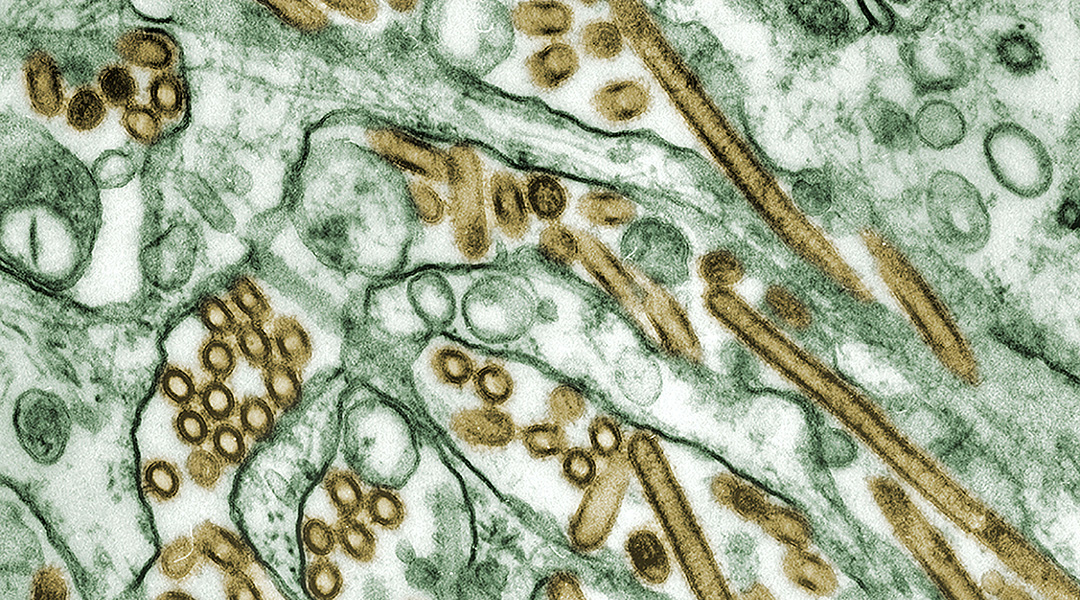


Ancient viral DNA, once thought junk, now regulates embryo development in mice, revealing complex host-virus interactions.

Gelada monkeys audibly and loudly yawn, triggering a contagious response within their groups, mirroring human behavior.
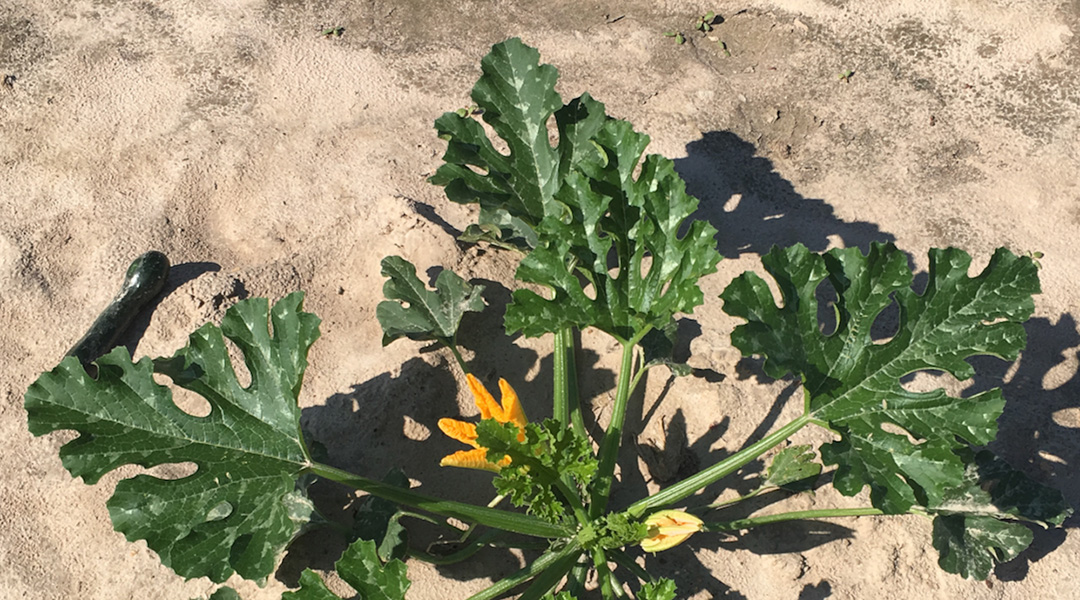
Squash plants send chemical warnings underground, empowering neighbors to resist insect attacks, providing insights into natural pest management.

While people across cultures can discern the behavioral context of various vocal songs, they struggle to identify love songs.
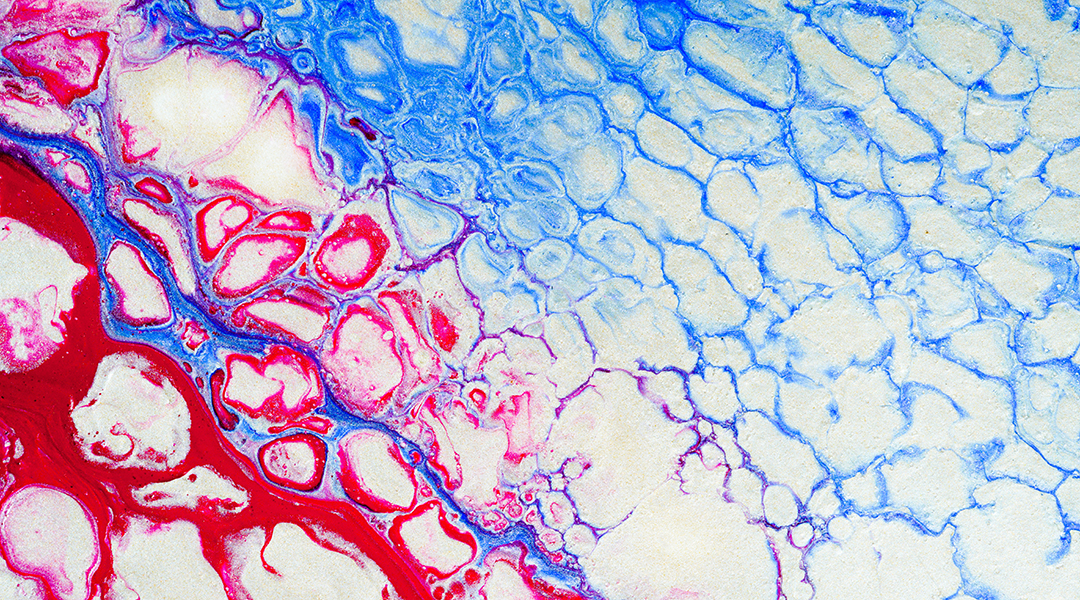
A previously unknown mechanism involving the brain’s blood vessels reveals the intricate process of long-term memory formation.
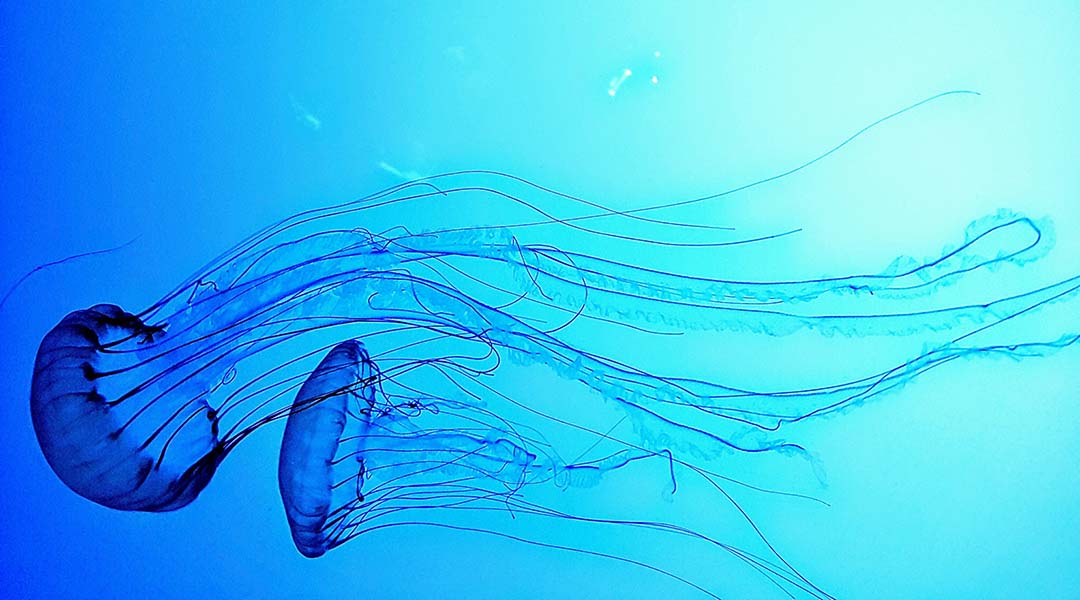
Learning from experience was believed to be restricted to more advanced creatures, but in a first, Caribbean jellyfish were shown to learn from past mistakes.
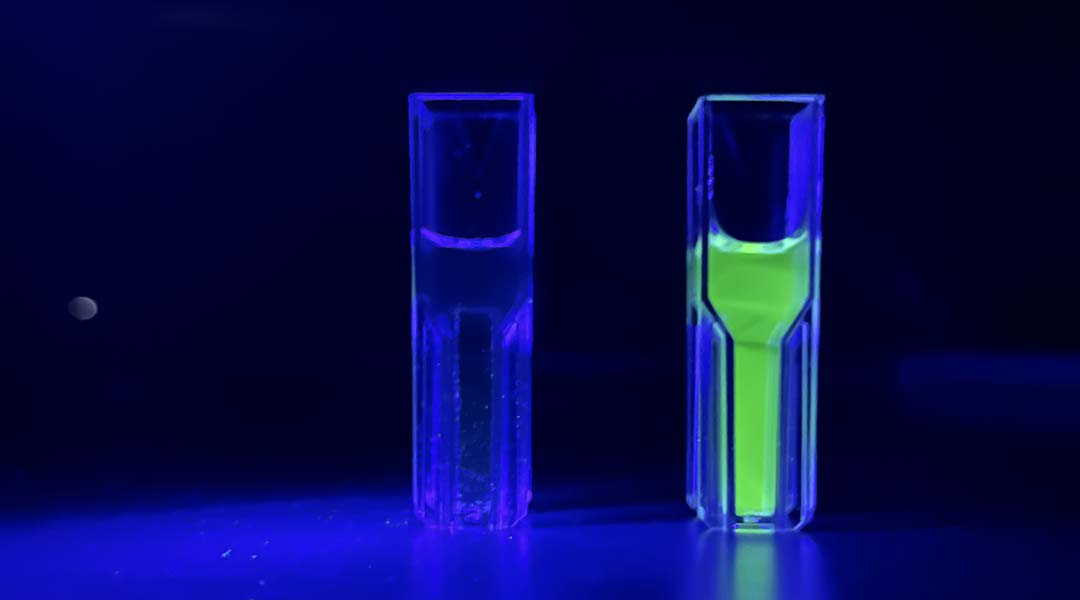
Analyzing biomolecules found in the breath, scientists can detect early signs of deadly blood clots found in diseases like COVID-19, heart disease, sepsis, and more.

As glaciers melt, groundwater springs become active and start to release greenhouse gases into the atmosphere
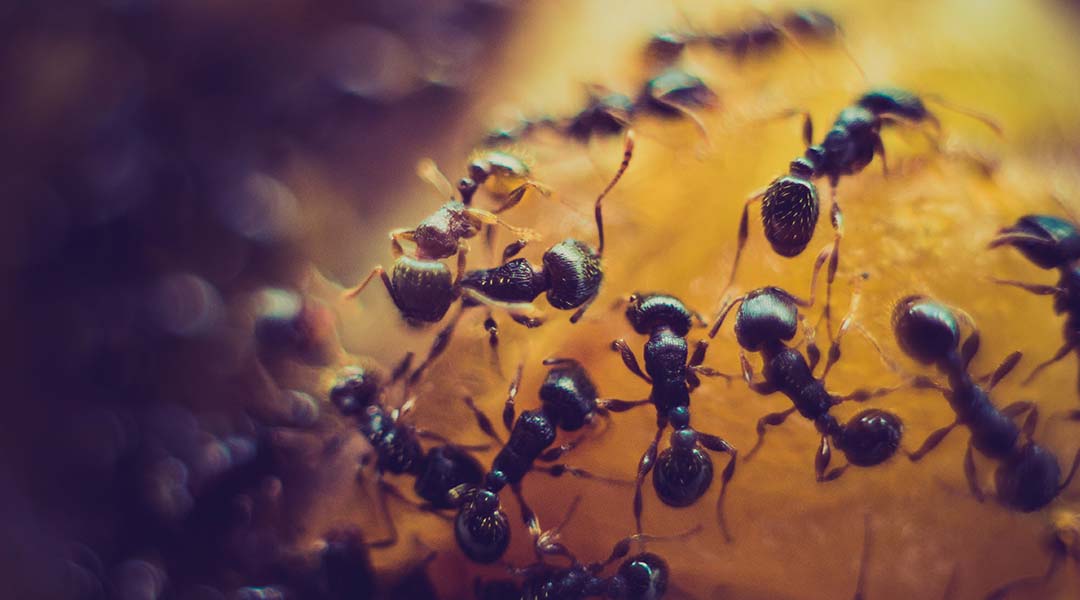
When deciding whether or not to build bridges out of their chained bodies, weaver ants take prior collective investment into account.

An acid sensitive hydrogel makes it possible to detect dangerous leaks before they cause damage.